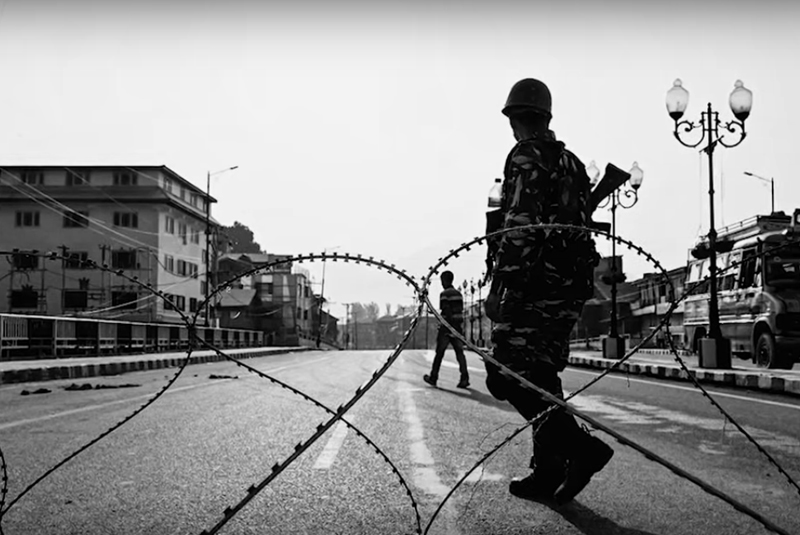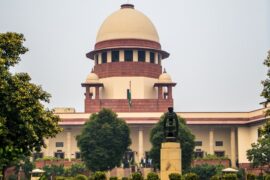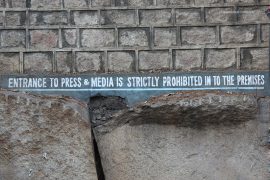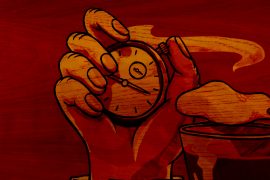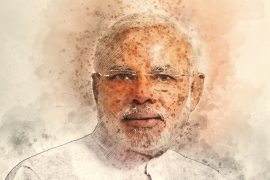India is split over Prime Minister Narendra Modi’s decision to abolish Article 370 by a presidential order. The saffron fold is rejoicing: This government – their government – has had the guts to do what the Congress and its secularists could not. The Kashmir problem is over. There will be a period of unrest, but when it is over, this canker, this anomaly from the past, will have been removed. The building of the modern Indian nation will be complete.
They could not be more wrong. Modi made a huge blunder in November 2016 when he demonetised nine-tenths of the country’s currency in circulation at one stroke, paralysing the Indian economy for months. This did lasting damage to farmers and the rural poor, from which they have not recovered. But he got away with it.
It may be the sense of absolute invulnerability that the recent election has given him that has led him into an even greater blunder now. But this time, he may not get away with it because his action is almost certain to set off repercussions, some of them outside the country, that he will not be able to control.
The first is the reaction of the already deeply alienated Kashmiri youth. Modi correctly anticipated that abolishing Article 370 would make them erupt in even greater paroxysms of anger, than did the death of Burhan Wani in 2016. To preempt this, he moved 75,000 additional troops of the Central armed police into the valley, abruptly cut off the Amarnath yatra, closed all schools and colleges, shut down the internet, blocked mobile telephony and landlines. It was not just ‘separatist’ leaders who were put under house arrest but also, for the first time in Kashmir’s history, leaders of mainstream parties who have never questioned Kashmir’s accession to India.
-30-
Copyright©Madras Courier, All Rights Reserved. You may share using our article tools. Please don't cut articles from madrascourier.com and redistribute by email, post to the web, mobile phone or social media.Please send in your feed back and comments to [email protected]

